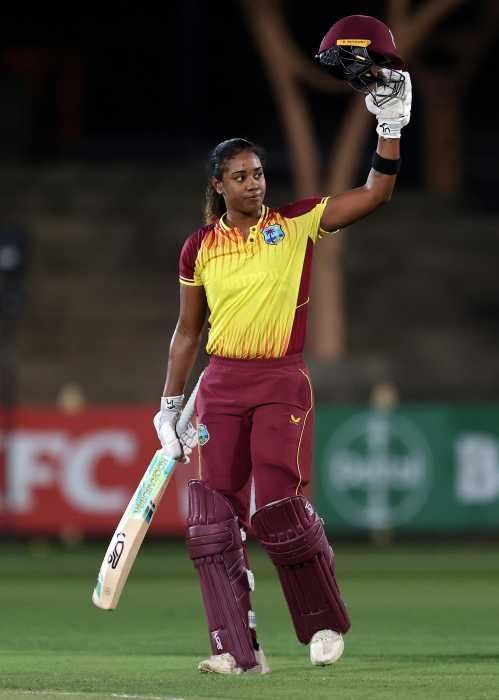Doug Ireland’s response to my opinion piece on human rights violations in Iran published in the September 29-October 5 issue of Gay City News was full of misstatements and erroneous assumptions about the International Gay and Lesbian Human Rights Commission (IGLHRC) and our efforts to advance the rights of people targeted for abuse, imprisonment, or murder because of their sexuality or gender identity in Iran and elsewhere. Doug Ireland never called me to ask about what we are doing about the public executions in Iran. If he had, his reporting would have been more accurate.
Ireland might also have been surprised to find that I am the first to say we could be doing more about the current situation in Iran. The world is large, the abuse is constant, our resources limited, and our program staff often fully tapped. But to claim that we have done nothing is wrong and grossly maligns the dedicated work of IGLHRC’s staff and board.
One of the first groups IGLHRC staff reached out to after the public hangings in Iran was Al-Fatiha, the international LGBT Muslim organization. Al-Fatiha, along with Amnesty International, and Human Rights Watch, have engaged in IGLHRC-initiated calls to discuss strategies for each of our organizations. In addition, we have sought information and strategic advise from the International Lesbian and Gay Association, Women Living Under Muslim Laws, as well as a variety of other women’s, LGBT, and human rights groups around the world.
IGLHRC immediately reported the cases in Iran to key human rights experts employed by the United Nations. The job of these U.N. experts is to investigate the cases and demand that Iran’s government be made to answer for its clear violation of human rights laws. We took this step as we often work as a bridge between activist groups and the U.N. system that is supposed to be ensuring that countries adhere to human rights treaties that they sign.
We have raised the situation in Iran with the U.N. Special Rapporteur on Extra-Judicial Executions so that he can build a case at the U.N. level. We have also raised the cases with the assistant to the U.N. Working Group on Arbitrary Detention, given his interest in pursuing sodomy cases, as in and of themselves they constitute arbitrary detention. We are instituting communications with the U.N. Special Rapporteur on Freedom of Religion and with the U.N. Special Rapporteur on Torture.
Most importantly, we are reaching out to human rights activists, women’s groups, and other non-governmental organizations (NGOs) in Iran. Since it’s founding, IGLHRC has adopted a human rights approach to its work which involves, first and foremost, reaching out to and working with activists and human rights NGOs in the country at issue, as it is their lives that are at stake, not ours. This was our approach in Egypt, Romania, Mexico, and every other high- and low-profile case with which we have been engaged.
Doug Ireland seems to assert that a Western-based group attacking Iran’s government from the outside is the only viable strategy. From our long experience, we know that this strategy alone can put people at risk and make long-term advocacy more difficult. We also know that it is crucial that we understand as much about the facts of a case as we can before acting, which continues to be difficult in the cases of men executed in July in Iran. Nonetheless, can we not find ways to use our different strategies to collaborate more rather than to be at each other’s throats?
In Nigeria, IGLHRC has been working on the cases of three men currently at risk of execution as a result of sodomy-related charge. We’ve been asked by local groups to not build an international campaign, but to work in tandem in them. Nigeria, like Iran and the United States, is a country where religious fundamentalism targets many people, especially women and gays, lesbians, and transgender people.
In Cameroon, where 11 people are in jail simply because they are gay, we have been working nonstop for that last three months to find a human rights organization in Cameroon to become involved because there is no gay rights organization. We finally found a lawyer to take on the case and to work with the human right groups on getting people out jail. We have not called for international action since we have been asked specifically to support them but not to do external public campaigns. They believe, as we do, that public outcry from the West is not enough by itself.
Fighting the horrific conditions against gays and lesbians in Iran, the United State, and other countries around the world will require more from all of us. It’s a long-term struggle that will involve many different strategies. We are committed to working cooperatively with all concerned. But IGLHRC will always, and only, do our work in ways that support the full interests of the people whose lives are at stake.
Paula Ettelbrick is the executive director of the International Gay and Lesbian Human Rights Commission.
gaycitynews.com
































